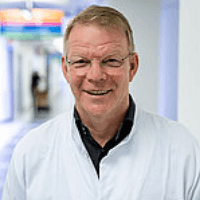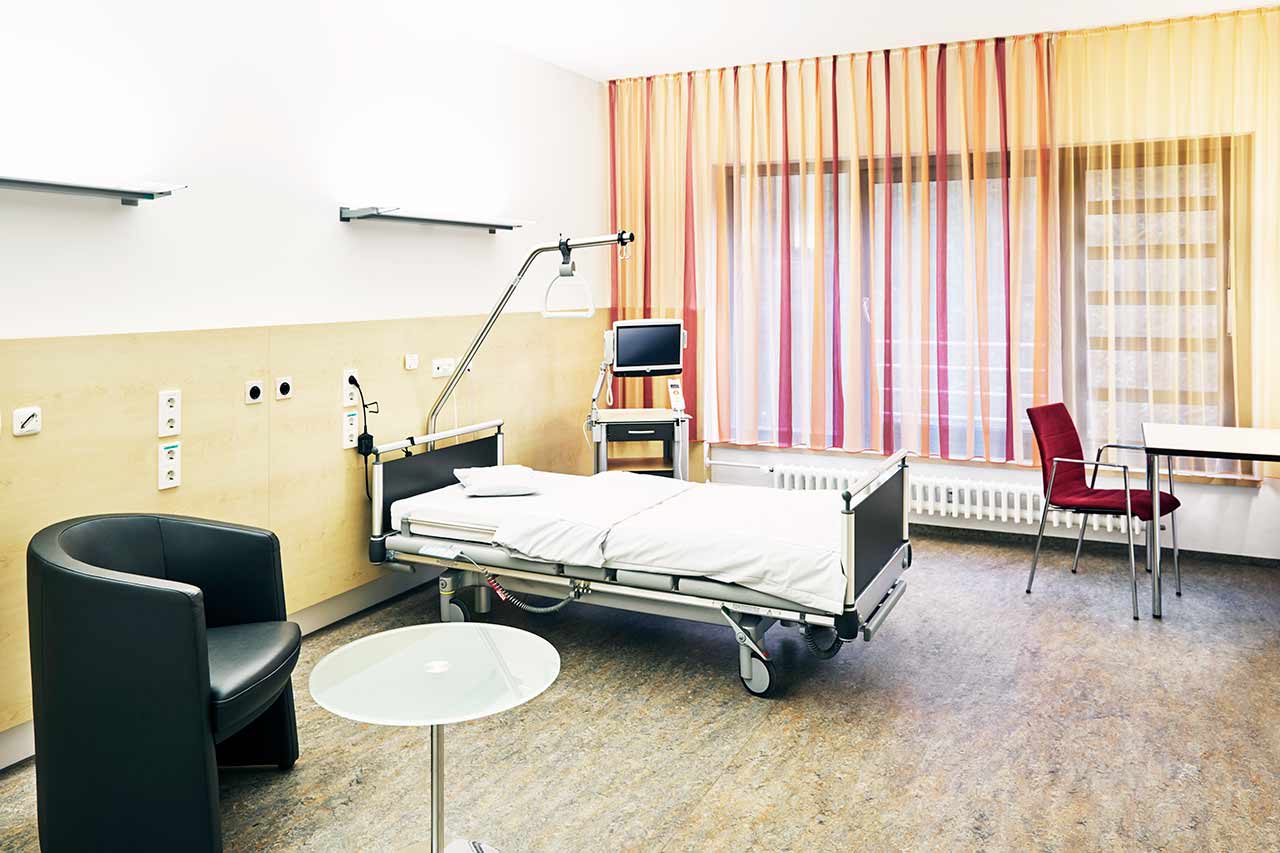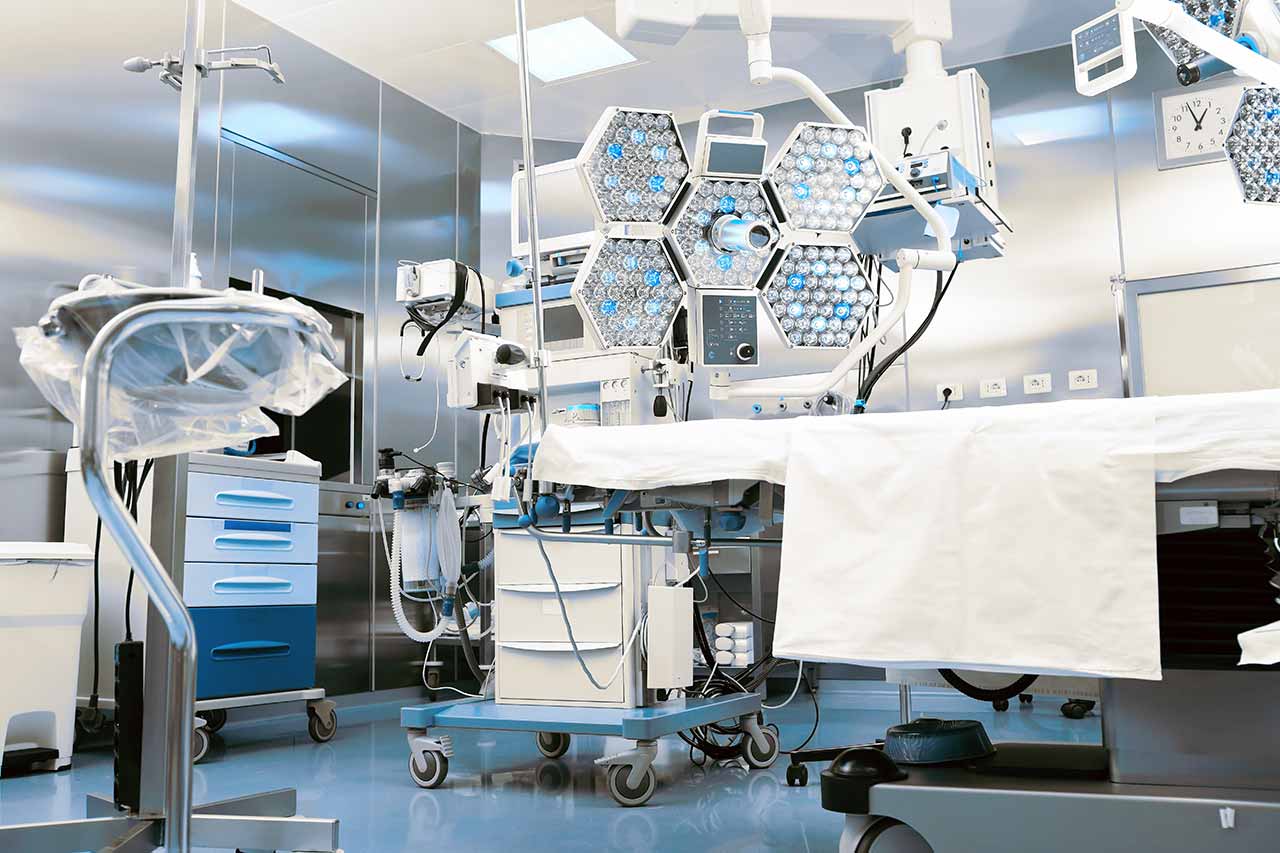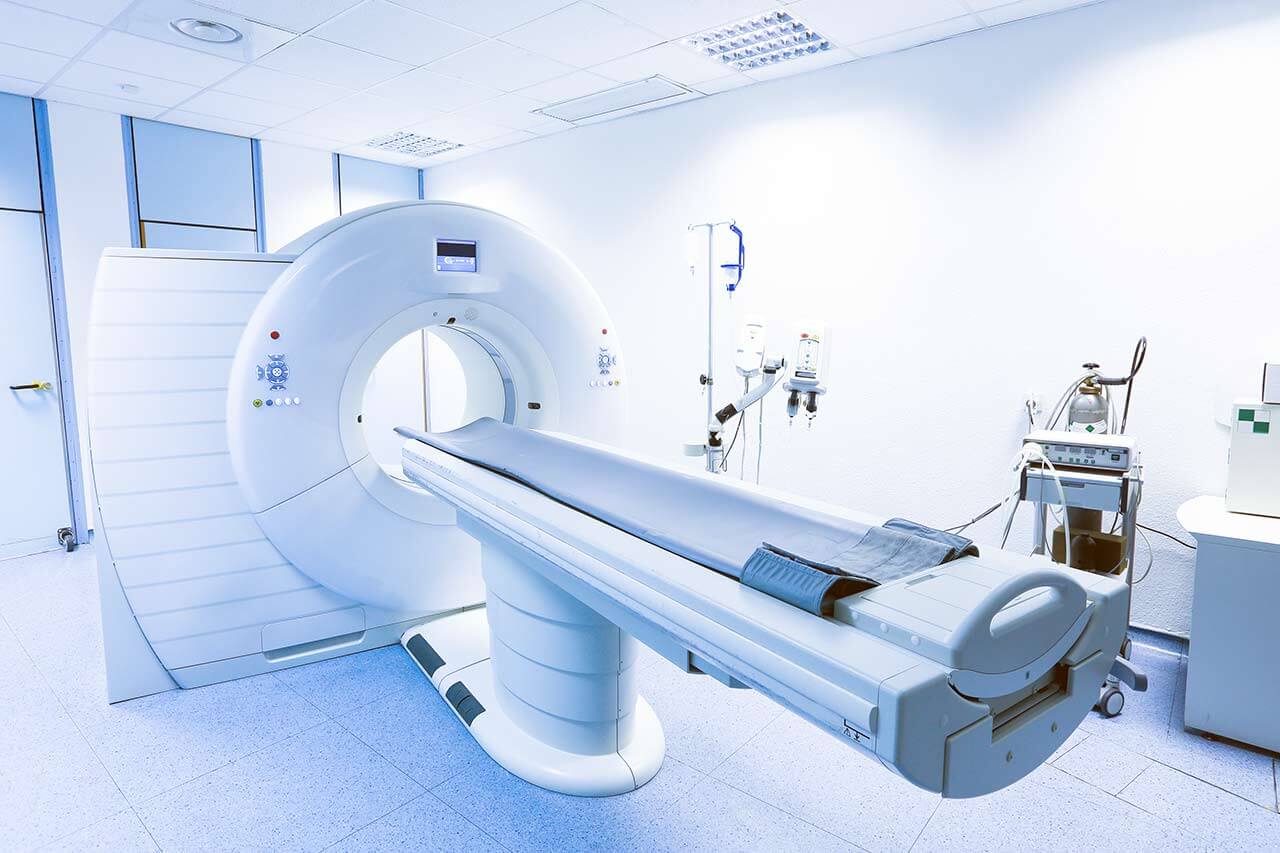
The program includes:
- Initial presentation in the clinic
- clinical history taking
- review of medical records
- physical examination
- laboratory tests:
- complete blood count
- general urine analysis
- biochemical analysis of blood
- inflammation indicators (CRP, ESR)
- indicators blood coagulation
- neurological examination
- functionality x-ray
- CT/MRI scan
- neuropsychological tests (on indications):
- ENMG (electroneuromyography)
- EEG (electroencephalography)
- SEPs (somatosensory evoked potentials)
- VEPs (visually evoked potentials)
- BAEP tests (brainstem auditory evoked potential)
- preoperative care
- treatment of angioma with coiling or radiosurgery
- 1-day intensive care unit stay
- postoperative MRI control
- symptomatic treatment
- control examinations
- the cost of essential medicines and materials
- nursing services
- full hospital accommodation
- developing of further guidance
Required documents
- Medical records
- MRI/CT scan (if available)
- MR/CT-angiography (if available)
Service
You may also book:
 BookingHealth Price from:
BookingHealth Price from:
About the department
The Department of Adult and Pediatric Diagnostic, Interventional Neuroradiology at the Hospital Kassel offers the widest range of services for the diagnostics and treatment of diseases of the brain, spinal cord and peripheral nerves using the advanced imaging systems. The department's doctors cooperate closely with specialists in the field of neurosurgery, neurology and pediatric neurology. Such an approach guarantees the patient a comprehensive assessment of the state of the nervous system and a favourable treatment outcome. The department is headed by Dr. med. Ralf Siekmann.
The department is equipped with modern technical devices, including 64-slice CT scanner, 1,5 and 3,0 Tesla MRI, biplane angiography system with 3D imaging of the blood vessels and bone structures, system for myelography of the entire spine and ultrasound scanners. All these devices are used not only for the diagnostics, but also for interventional procedures to treat obstructions, stenoses and other pathological vascular lesions in the head, neck and spine.
The most popular interventional therapeutic procedures include clipping and coiling for cerebral vascular aneurysms, as well as cerebral vascular malformations. The image-guided interventional therapeutic procedures in the cerebral and spinal cord are performed using a special intra-arterial catheter, which is inserted into the body through the pelvic area. The catheter with only 2 mm in diameter, is delivered through the arteries to the neck, then an even smaller catheter with a diameter of half a millimeter is inserted through it into the patient's brain, with the help of which the required therapeutic measures are performed. In some cases, it is possible to perform a direct puncture in order to provide access, for example, in the case of facial and spinal tumors. The main field of application of neuroradiological therapeutic procedures is the treatment of cerebral aneurysms. Endovascular interventions for this life-threatening pathology are a breakthrough in modern medicine, since quite recently the only method for the elimination of cerebral aneurysm was open surgery with craniotomy.
The department specializes in the diagnostics and interventional treatment of the following neurological disorders:
- Cerebral aneurysms
- Brain arteriovenous malformations (AVM)
- Arteriovenous fistulas of the vessels of the brain and spinal cord
- Carotid and intracranial artery stenosis
- Arterial obstruction in acute stroke
- Other diseases and pathological conditions
The department's range of medical services includes:
- Diagnostic examinations
- Computed tomography (CT), including CT perfusion
- Magnetic resonance imaging (MRI), including MRI spectroscopy
- Biplane angiography with 3D imaging of the blood vessels and bone structures
- Myelography of the entire spine
- Ultrasound scanning
- Image-guided interventional therapeutic procedures for vascular diseases of the brain and spinal cord
- Clipping and coiling for cerebral vascular aneurysms, cerebral vascular malformations
- Dilation for cerebrovascular stenosis
- Other diagnostic and treatment methods
Photo of the doctor: (c) Klinikum Kassel
About hospital
The Hospital Kassel is a progressive medical facility with a huge medical team, which provides high-quality medical services in all branches of modern medicine. The hospital is part of the regional medical Gesundheit Nordhessen Holding, which unites 5 top-class medical centers, including specialized rehabilitation clinics. With 1,281 beds, the hospital is known as the largest medical complex in the federal state of Hesse. The hospital has 32 specialized departments with highly qualified doctors and specially trained nursing staff in each department. The team of 3,200 employees takes care of the health of patients. The main value for each employee is the patient's health. The professional skills of the medical staff in combination with state-of-the-art medical and technical equipment of the hospital provide excellent opportunities for the treatment of patients with pathologies of any severity.
The hospital provides treatment to over 55,000 inpatients and about 140,000 outpatients every year. Medical care is provided to both German citizens and many patients from foreign countries. Such high rates are the evidence of excellent quality of medical services and the high credit of patients' trust.
The hospital has created a wonderful atmosphere, which contributes to the rapid recovery of patients. All diagnostic and therapeutic rooms, operating rooms, as well as patient rooms are designed taking into account modern standards of European medicine in order to ensure maximum comfort of each patient. All employees working in the hospital provide the patient with understanding and respect, as well as support him in every possible way during the entire therapeutic process.
The hospital successfully implements a quality management system. It uses its own quality management system implemented by the medical Gesundheit Nordhessen Holding, as well as the IQM (Initiative Qualitätsmedizin) monitoring system. As part of healthcare quality management, the hospital annually clearly provides reports on its clinical activities, the success of diagnostics, treatment, level of patient care, etc. Thus, the hospital stands for maximum openness in its work and makes every effort to maintain the highest level of quality of medical care.
Photo: (с) depositphotos
Accommodation in hospital
Patients rooms
The patients of the Hospital Kassel live in comfortable single, double and triple rooms. The patient rooms are made in a modern design and pastel colors. A standard patient room includes an automatically adjustable bed, a bedside table, a wardrobe, a table and chairs for receiving visitors, a TV and a telephone. The patient rooms have Wi-Fi. Each room has an ensuite bathroom with shower and toilet.
The hospital also offers enhanced-comfort patient rooms. Most of these rooms have a balcony. The bathroom additionally includes a hairdryer, towels and toiletries.
Meals and Menus
The patient and the accompanying person are offered tasty and balanced three meals a day. If for some reason you do not eat all foods, you will be offered an individual menu. Please inform the medical staff about your food preferences prior to treatment. The patients staying in enhanced-comfort rooms are provided with an individual menu every day.
The hospital also has several cafes where one can have a cup of tea or coffee, taste delicious pastries, salads, main hot dishes, pizza, etc.
Further details
Standard rooms include:
Religion
The religious services are available upon request.
Accompanying person
During the inpatient program, the accompanying person can live with the patient in a patient room or a hotel of his choice. Our managers will help you choose the most suitable option.
Hotel
During an outpatient program, the patient can stay at the hotel of his choice. Our managers will help you choose the most suitable option.





